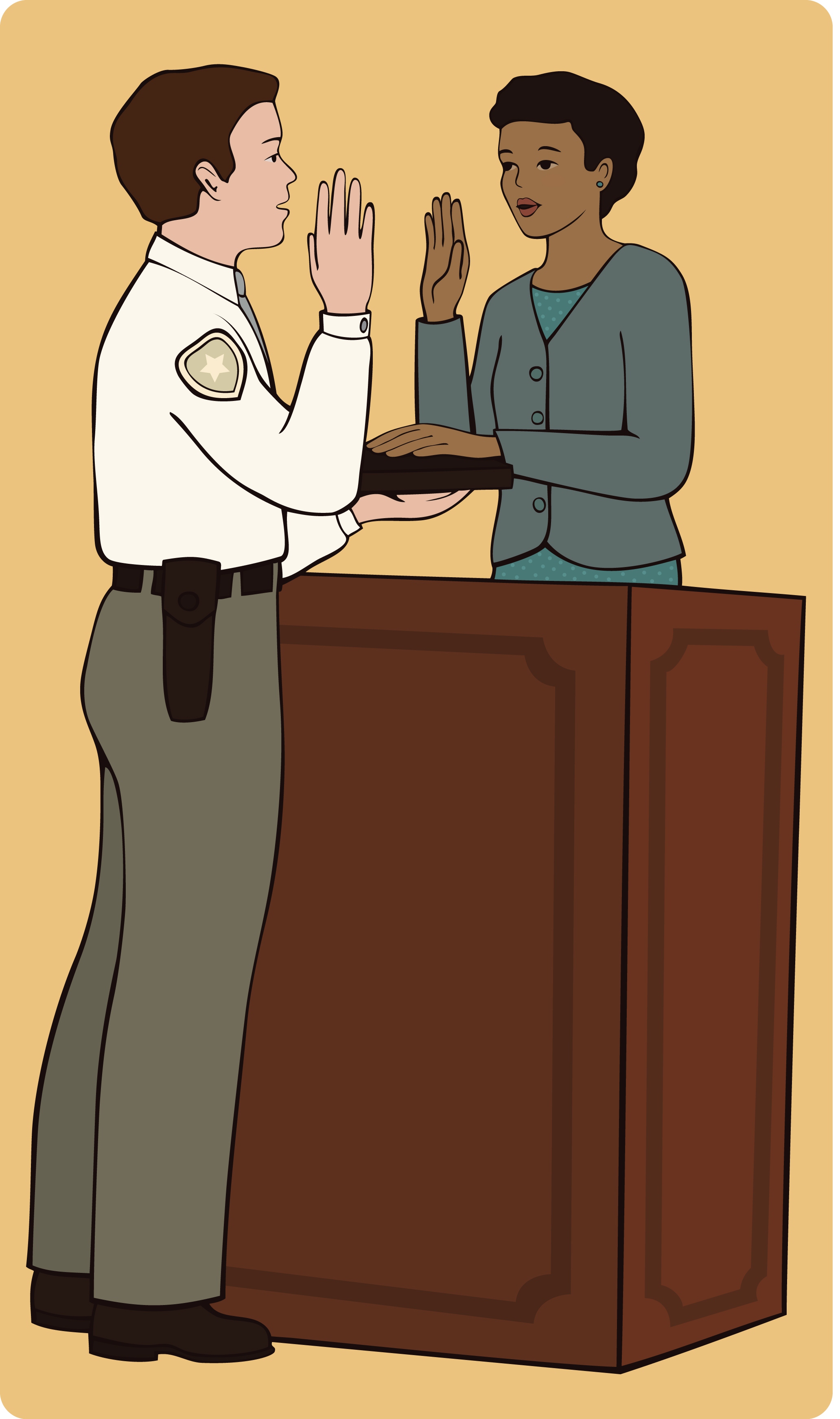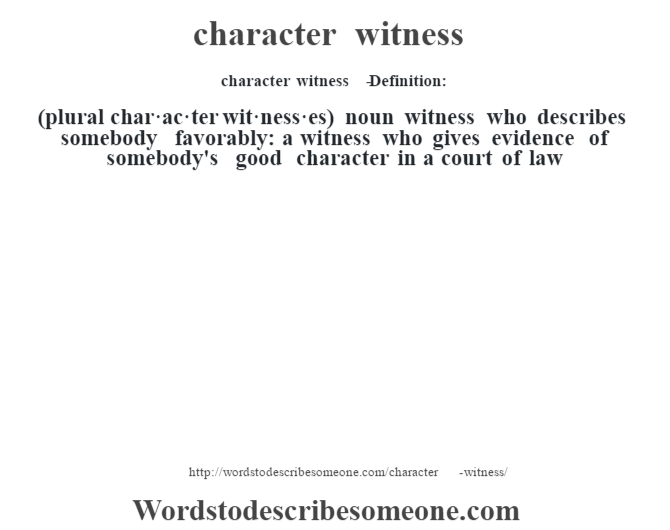

Some are sticklers about certain types of evidence others let everything in.
#Leading the witness meaning trial#
Defined by mock trial rules: “a fact that tends to prove a pivotal point in the case.”.Creating a material fact (specific to mock trial) – witness creates a material fact not included in the official record.written witness statement), reputation of person character in community, dying declaration, co-conspirator statements. Numerous exceptions to the hearsay rule admission against interest of party (usually any statement of the defendant, excited utterance, state of mind of declarant, declaration against interest (puts declarant at risk for criminal or civil liability), business or official records, past recollection recorded (e.g.If statement is being offered to show statement was made or heard, or to show subsequent actions of listener, it is not being offered for the truth, and not hearsay.First question: is statement being offered for the truth?.Hearsay – out of court statement admitted for the truth of the matter asserted.In a criminal case, an expert can’t give an opinion as to whether a defendant did or did not have the requisite mental state in issue.Expert Witness or Opinion Testimony – experts can give opinions, unlike lay witnesses, but they must have the requisite qualifications and their opinions must be based on the evidence experts in that field generally rely on.Exceptions: speed, mental and emotional states, sobriety, sanity, identity of voice or handwriting.Opinion Testimony of Lay Witness – generally, lay witnesses cannot give opinion testimony unless it is rationally based on the witnesses’ perception, or helpful to understanding his or her testimony.

Once the defendant puts character at issue, prosecution can respond with evidence of bad character. In criminal trials, defense can introduce evidence of the ‘good character’ of the defendant, and ‘bad character’ of an important prosecution witness. Honesty and credibility is always at issue with any witness.Character evidence – witness cannot testify about someone’s character unless it is at issue in the case.Personal Knowledge – witness must have personal knowledge of what he or she is testifying about.Example: the witness was in a position to see or hear what is being asked. Foundation – attorney must establish necessary information before the witness can testify.Relevance – not related to the disputed issue in the case.If they are used blatantly or repeatedly, it will disrupt the flow of an examination. Most judges don’t like form objections, since they are viewed as “technical.” Limit the use of these objections, and use them tactically. Generally, form objections can be cured by re-phrasing the question. Non-responsive – witness doesn’t answer the question.Vague and Ambiguous – question is not clear or understandable.Asked and Answered – question has already been asked.Argumentative – challenging, arguing, badgering the witness.Narrative – too general, asks the witness to tell a story.Compound – multiple questions as opposed to one.Mock Trial Objections as to form of the question. Below is a list of suggestions to help make objections cogent, substantive, and commanding in any courtroom. Making clear, powerful objections before a judge is one of the most important skills necessary to a strong attorney, whether he or she is arguing before the Supreme Court or a Mock Trial judge. What is The Purpose of an Objection in a Mock Trial?


 0 kommentar(er)
0 kommentar(er)
